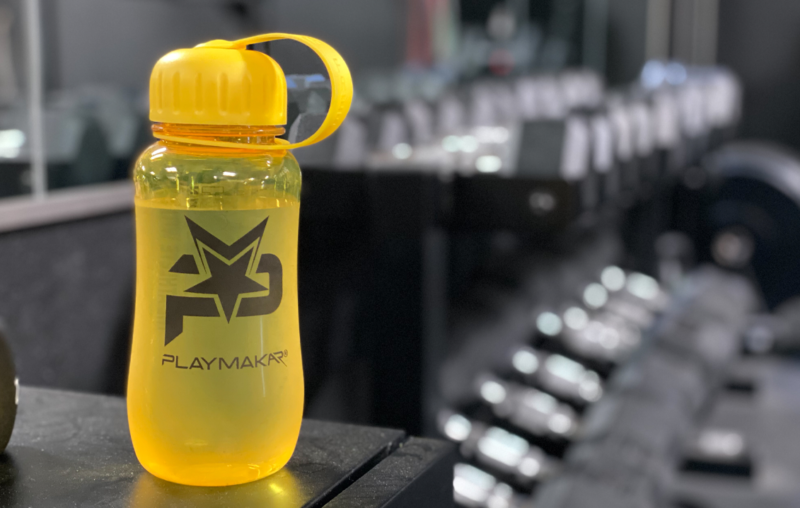There isn’t a one-size-fits-all when it comes to hydrating for your summer sweat sessions. Your body’s needs are determined by a number of factors, including your size, health, activity, climate, and more.
It doesn’t take long to get dehydrated when the weather is hot and humid. So learning how to hydrate properly and keep your electrolytes balanced can help you get through your brutal summer workouts. Electrolytes are key nutrients you get from the foods and drinks you consume. They include sodium, potassium, calcium, phosphate, and magnesium.
Do you know the symptoms of dehydration?
The signs of dehydration may differ depending on the severity. Below are some common signs to watch for:
- Dry mouth
- Dry skin
- Thirst
- Fatigue
- Confusion
- Dizziness
- Lightheadedness
- Headache
- Decreased urination
- Dark urine
- Strong-smelling urine
- Rapid heart rate
- Low blood pressure
If your symptoms are severe, seek medical help immediately.
Use these tips to keep yourself properly hydrated:
- Pre-hydrate when you’re planning an outdoor workout or activities.
- Don’t wait until you’re thirsty to start drinking water.
- Sipping water throughout your sweat session helps keep you from losing too much fluid.
- Add an electrolyte drink mix to your water.
- Excessive sweating can throw your electrolytes out of balance so be prepared with coconut water, pickles, bananas, spinach, and kale.
Can you drink too much water?
It is rare, but overhydration, known as water intoxication, can happen when a person drinks too much water. Basically, it occurs when excess water dilutes the electrolytes in the blood. Overhydration affects normal brain function.
Overhydration can lead to a life-threatening condition called Hyponatremia. This condition occurs when your sodium level drops too low, according to the National Kidney Foundation. The excess water invades your cells and causes them to swell.
Here are the most common symptoms of overhydration:
- Nausea or vomiting
- Headache, confusion, or fatigue
- Low blood pressure
- Loss of energy
- Muscle weakness, twitching, or cramps
- Seizures or coma
- Restlessness or bad temper
Seek immediate medical attention if you experience signs of overhydration or hyponatremia.
Take Away
You can prevent dehydration and overhydration by paying attention to your body and any symptoms you experience while you’re working out. Remember, the more you sweat, the more water and electrolytes you’ll need to replace.








Leave A Comment